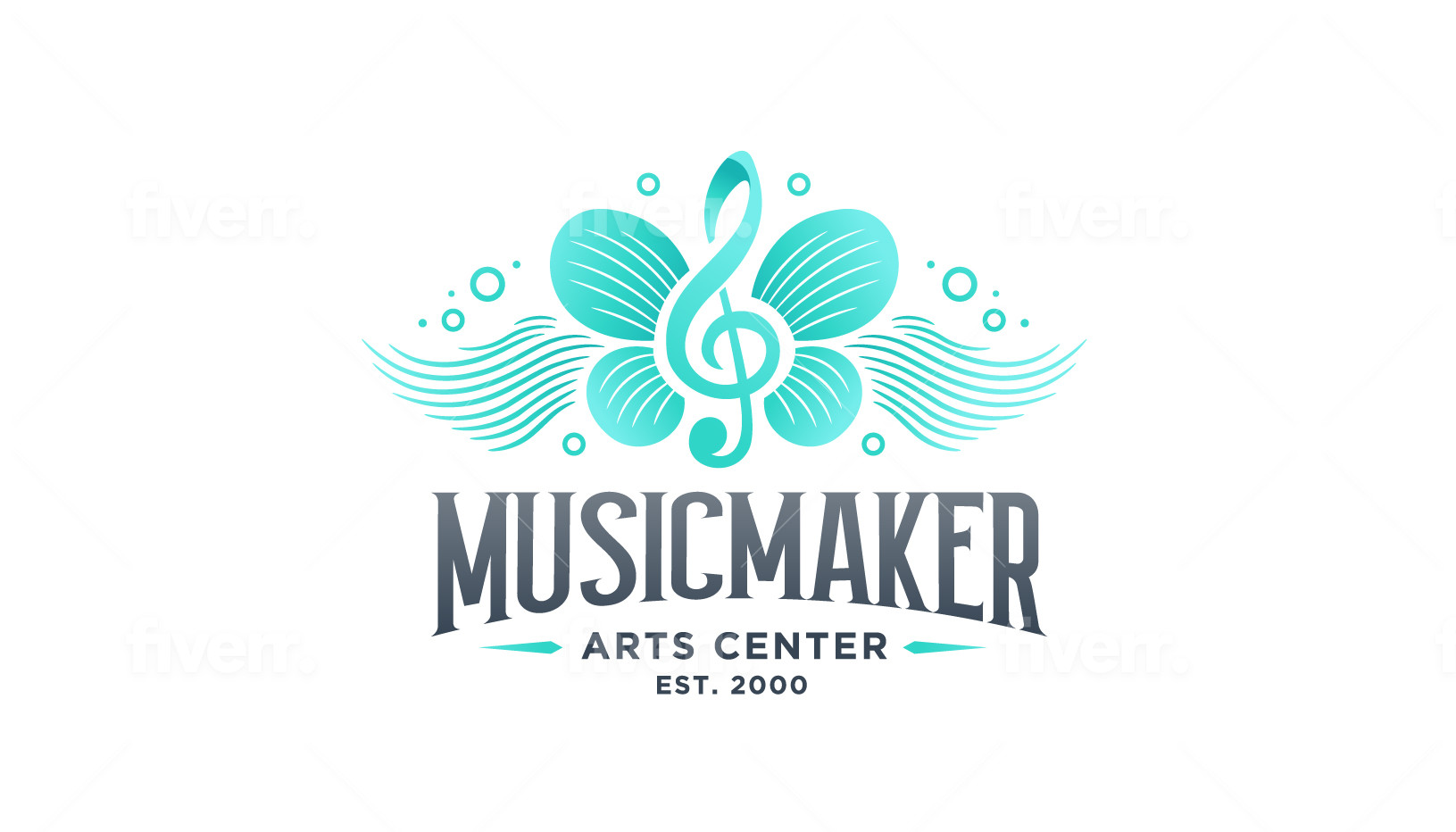FAQs
WHAT SETS APART LESSONS AT MUSICMAKER CLASSES?
- Our innovative programs are designed to for all skill levels and all ages from newborns to adults.
- Our focus is music education – learning to read music with our structured theory programs and become a well-rounded musician using benchmarks set by National Guild of Piano Teachers, American College of Musicians, Texas Music Teachers Association, Music Teachers National Association, and Fort Worth Music Teachers Association.
- While many of our teachers perform as well, their specialty is being skilled in the art of music pedagogy, devoting many hours to studying programs and techniques for teaching music.
- While our classes are dynamic, high energy, full of laughter and fun, our goal is helping students progress musically and achieve their goals ranging from hobbyist to competitive levels.
- Whether it be for hobby or career, we want to nurture musicians of all ages so they can enjoy the many benefits of making music for life.
WHAT TYPES OF LESSONS DO YOU OFFER?
At MusicMaker, we offer private lessons in piano, voice, musical theater, guitar, violin, harp, music theory, and composition lessons for ages 4 years to adult.
In addition, we also offer group musical theater lessons, beginner piano for ages 4-5 years old, and early childhood music classes for ages newborn to 4 years old.
Be sure to check out our special camp offerings throughout the year as well!
DO EARLY CHILDHOOD MUSIC CLASSES PREPARE CHILDREN TO STUDY AN INSTRUMENT?
Yes! Our Little MusicMaker program is designed to build a strong foundation is music so that a child is prepared for their first year of an instrument study. Music theory concepts included on Music Teachers National Association theory exams are introduced to children in our classes from day 1. Learning to speak the language of music provides for a much more positive first experience in instrument study.
MUSIC EDUCATION FOR CHILDREN UNDER THE AGE OF 5 – IS THAT POSSIBLE?
On a daily basis, we see evidence that music education for children under the age of five is not only effective, but vital. Children are introduced to sign language, shapes, symbols and letters from a very early age. Why should we wait to introduce them to the language of music along with the associated symbols? “Research shows that music is among the first and most important modes of communication in infants. As young children grow and develop, music continues not only as a form of communication, but as a form of self-expression as well. Music expands memory and assists in crucial language and reasoning skills. We have learned much in recent years about the human brain and cognitive growth that has yet to be incorporated into educational offerings and planning-at all levels. The fact, for instance, that the “infrastructure” of the brain is already half developed by age 5 is rarely factored into the nation’s educational planning.” Report from the Early Childhood Music Summit, MENC, June 14-16, 2000.
